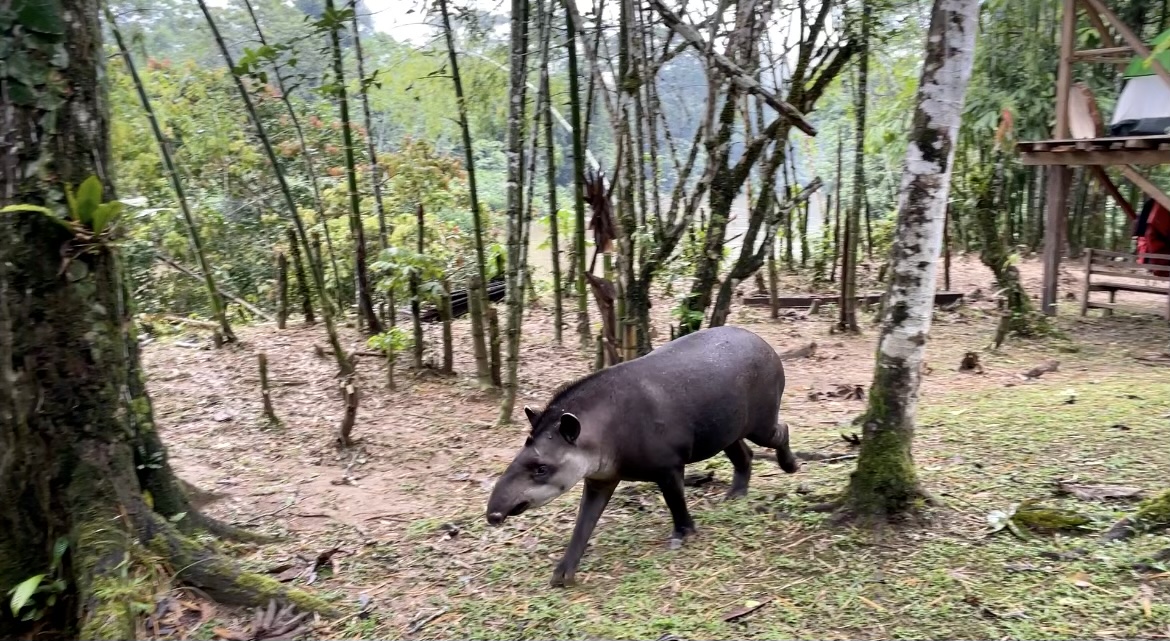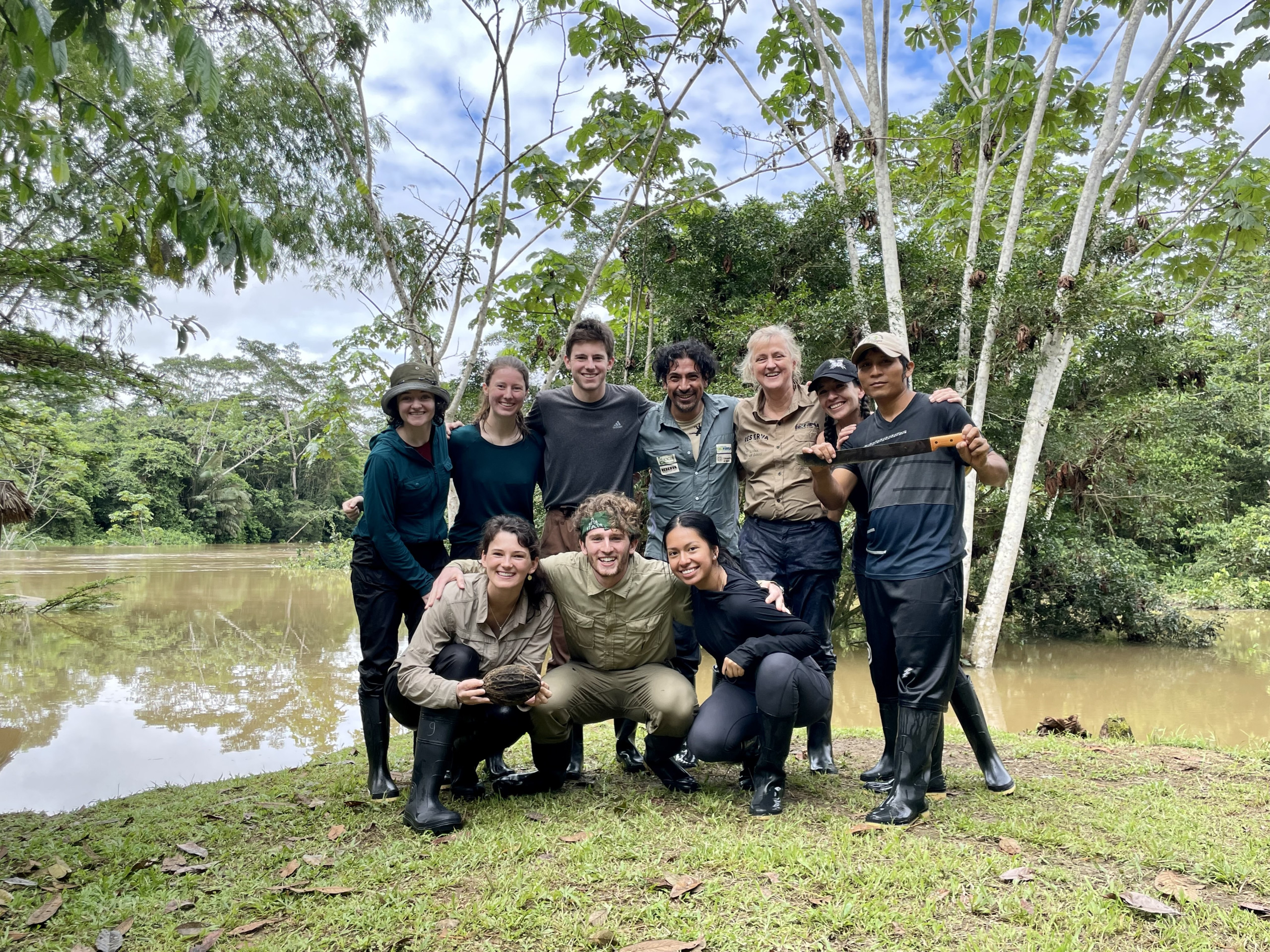Mandari Panga
During our fourth week in Ecuador we visited the Kichwa community of Mandari Panga. Although there were a lot of hurdles to overcome, like long early morning hikes, countless bugs, and the constant humidity, I had the best time of my life. I met astonishing people and made memories that will last a lifetime. I learned that Mother Nature, Pachamama, has a story to tell and we can learn a lot from her as long as we are willing to listen. During a week-long excursion in the Amazon, I completely disconnected from the outside world and focused on learning about a world so vastly different from my own. The animals tell a story of coexistence, skill, and resilience. The plants tell a story of strength, fortitude, and rejuvenation of life. And the community of Mandari Panga tells a story of intelligence, survival, and compassion. One of my favorite memories of this trip was being able to float along the Tiputini river. As I drifted downstream, I reflected on how vast the jungle was and how small I felt within it.

The origin story of Mandari Panga begins with a dream. In this community it is women who have stepped up and taken the reins of complex situations, and have demonstrated great determination. The Mandari Panga community was founded in 1980 by the highly respected community leader Damiana. She arrived to Mandari Panga on her own and after establishing herself set about accomplishing her goal of creating a secure and fruitful community. The legacy of successful women continued, when her granddaughter Katti decided she was going to enhance the already well-established community of Mandari Panga. Katti told stories of her childhood including an anecdote of the struggle she faced for the opportunity to receive an education. She recalled having to paddle for four days by canoe from her home to Coca, the nearest town, just to attend school with her peers. As her grandparents had emphasized the importance of education, she understood that in order to help her community she had to develop skills in the outside world and bring them back home in order to create better access to education, jobs, and healthcare in Mandari Panga.


I gained a deeper appreciation for Katti’s dream and upbringing when Maruricio, our tour guide, took us to a local house in the community and taught us about their way of life. Through his teaching I learned the importance of culture. Culture offers a completely new perspective and frames life in a new manner. For instance, it’s possible to live harmoniously with Mother Earth as we use resources to survive while simultaneously allowing nature to replenish and thrive. Our survival as a human species depends on earth’s resiliency; as global warming destroys our diverse ecosystems, we may disappear while nature finds a way to adapt and keep on living. As my friend Javier said, it is important to learn about the indigenous cultures to develop a better understanding of Mother Earth. They believe Pachamama, Mother Earth, is a goddess that embodies the mountains and determines the success of harvesting and planting. It is essential to take care of what takes care of you and for them that is Pachamama. Medicinal use of natural plants is a prime example of why we should ensure nature remains alive and healthy because without these important herbs, both science and humanity would be taking a giant step backwards. Mandari Panga helped me come to terms with my own interconnectedness in the world. I learned everything has a function and earth will continue to speak to us as long as we are willing to listen.

You must be logged in to post a comment.